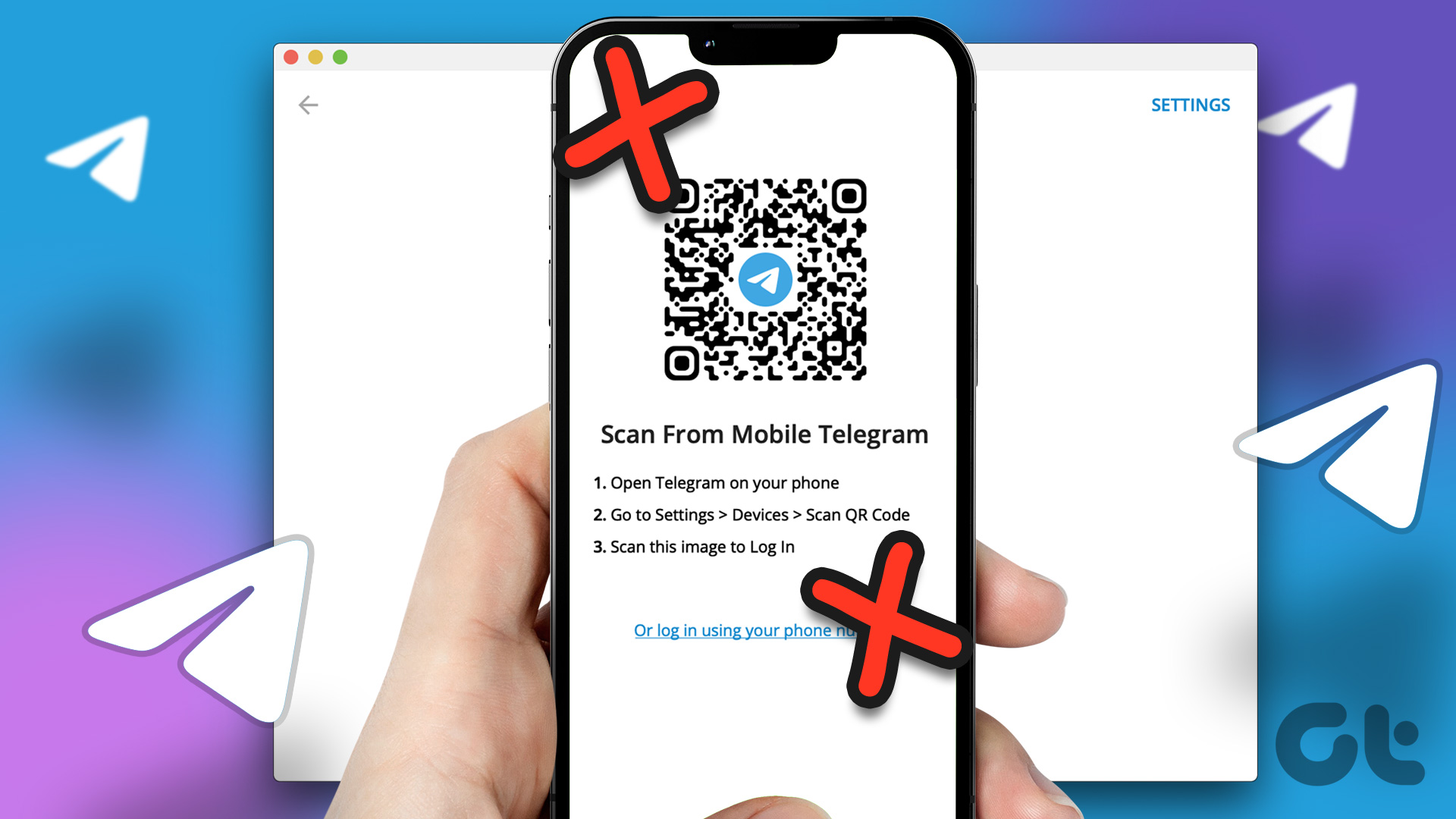And a deep web search engine can help you do exactly that.
Deep Web vs.
It is an intentionally and proactively concealed collective of sites that you could only access through special browsers.

The data here is encrypted and relayed through multiple nodes, allowing users to remain anonymous.
10 Best Invisible Web Search Engine
1.
While it primarily functions as a search engine, it can also help you surface some deep web content.

The best part is that DuckDuckGo respects its users privacy and does not track or collect personal data.
So, it is a safe way to dip your toes into the deep web without compromising your anonymity.
Moreover, its easy-to-use and minimal UI can be used and managed by almost anyone.

Pros
Cons
Check out DuckDuckGo
2.
Youll need to provide the URL of a specific Web page to access its older copies.
Its an especially essential tool for researchers and historians looking to track the evolution of websites over time.

Check out The Wayback Machine
3.
There can be a vast difference in what youll find.
Go try Pipl if you dont believe us.

Pipl is a deep search engine that specializes in finding people and their online presence.
Simply put, it fetches information from the deep web, which conventional search engines cant.
A particularly helpful tool for organizations to search for their future employees or vice-versa.

Check out Pipl
4.
Ahmia A Safe Space to Access Dark Web
Ahmia is the crosswalk between the deep and dark web.
However, beware that you might need the Tor surfing app to open some links and results.

Users can also contribute to the source code of this open-source search engine.
The best thing about this search engine is it doesnt support abusive material.
If you find any such thing in its index, you might report that for the quickest removal.

Check out Ahmia
5.
It grants you access to scholarly articles and research papers that might not be available elsewhere.
It boasts over 19,000 journals and more than 8.9 million articles on various topics and subjects.

As it indexes a broader library without any article processing charges.
Check out DOAJ
6.
USA.gov Invisible Web to Search Government-Related Documents
USA.gov is the official portal to the United States governments online resources.

Moreover, its safe to say that the content found here may not be indexed by commercial search engines.
Check out USA.gov
7.
One can dive into the directory of different onion websites by visiting its official website.

Although you might need the Tor web app to visit some of the onion pages.
However, youll have to be mindful of this resource as it includes both legal and illegal destinations.
And there might be legal and ethical implications involved when navigating this site.

Agreed, this can be a great starting point for discovering what the dark web offers.
However, the available websites like whistleblower tools may or may not be legal in your country.
So, proceed with caution.

Check out The Hidden Wiki
8.
Dating back to 1991, its one of the oldest directories of e-texts and information sources.
Interestingly, the space was created by Tim Berners-Lee, the creator of the World Wide Web.

Moreover, the WWW Virtual Library is a curated collection of internet resources organized by volunteers.
Moreover, this library is an excellent starting point for academic and research-based deep web searches.
Check out WWW Virtual Library
9.

Check out WorldCat
10.
You are privy to a vast collection of digitized newspapers.
Check out Elephind
Was this helpful?

The content remains unbiased and authentic and will never affect our editorial integrity.

